Relative Clauses
Educall Language Academy
We use relative clauses to define a noun in detail. We use who, which, that, where, when, whom, whose to make relative clauses. There are two types of clauses: defining and non-defining.
1-Defining Relative Clauses
WHO
We use who in order to describe a person.
That woman is a doctor. She is standing in the corner. >> That woman who is standing in the corner is a doctor.
The customer was angry. He came to the shop today. >> The customer who came to the shop today was angry.
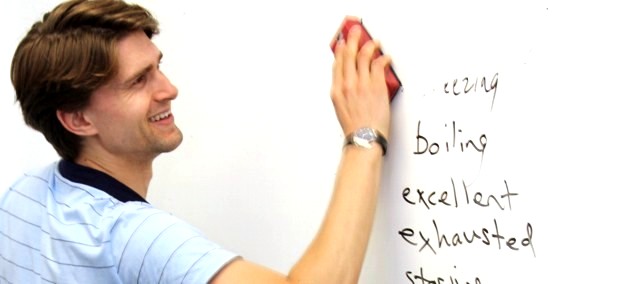
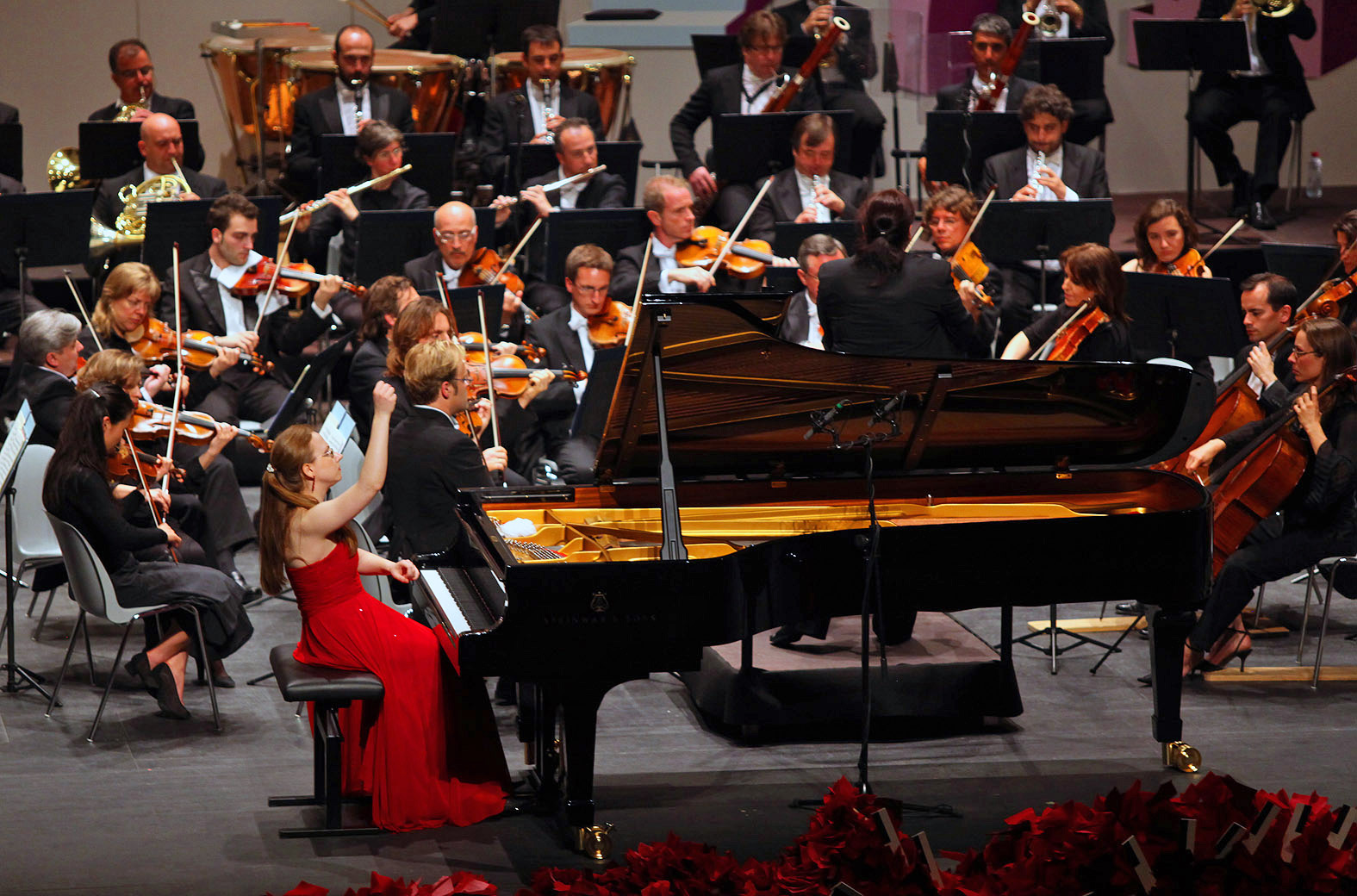
The man who is cleaning the board is our teacher. The woman who is playing the piano is my sister.
WHICH
We use which to describe things.
The sweater is blue. It shrank. >> The sweater which shrank is blue.
The coffee shop is closed. I love it. >> The coffee shop which I love is closed.

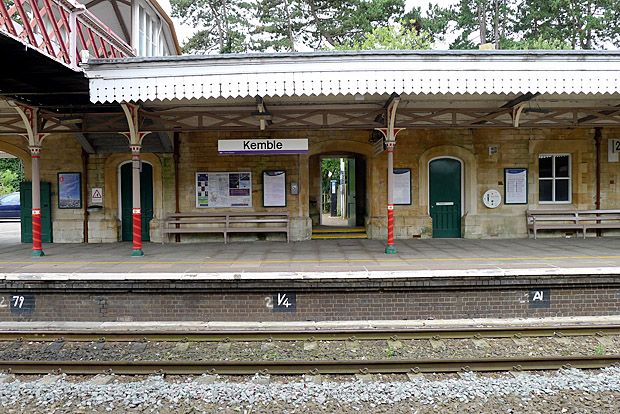
The music which she's listening to is soothing. The train which will arrive soon goes to Swindon.
THAT
We can use that to define both people and things.
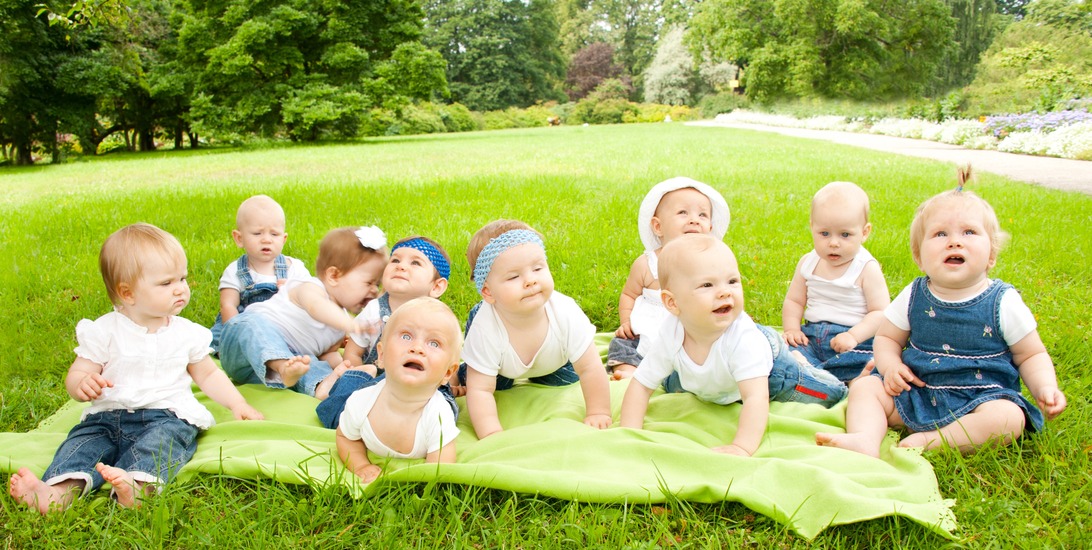
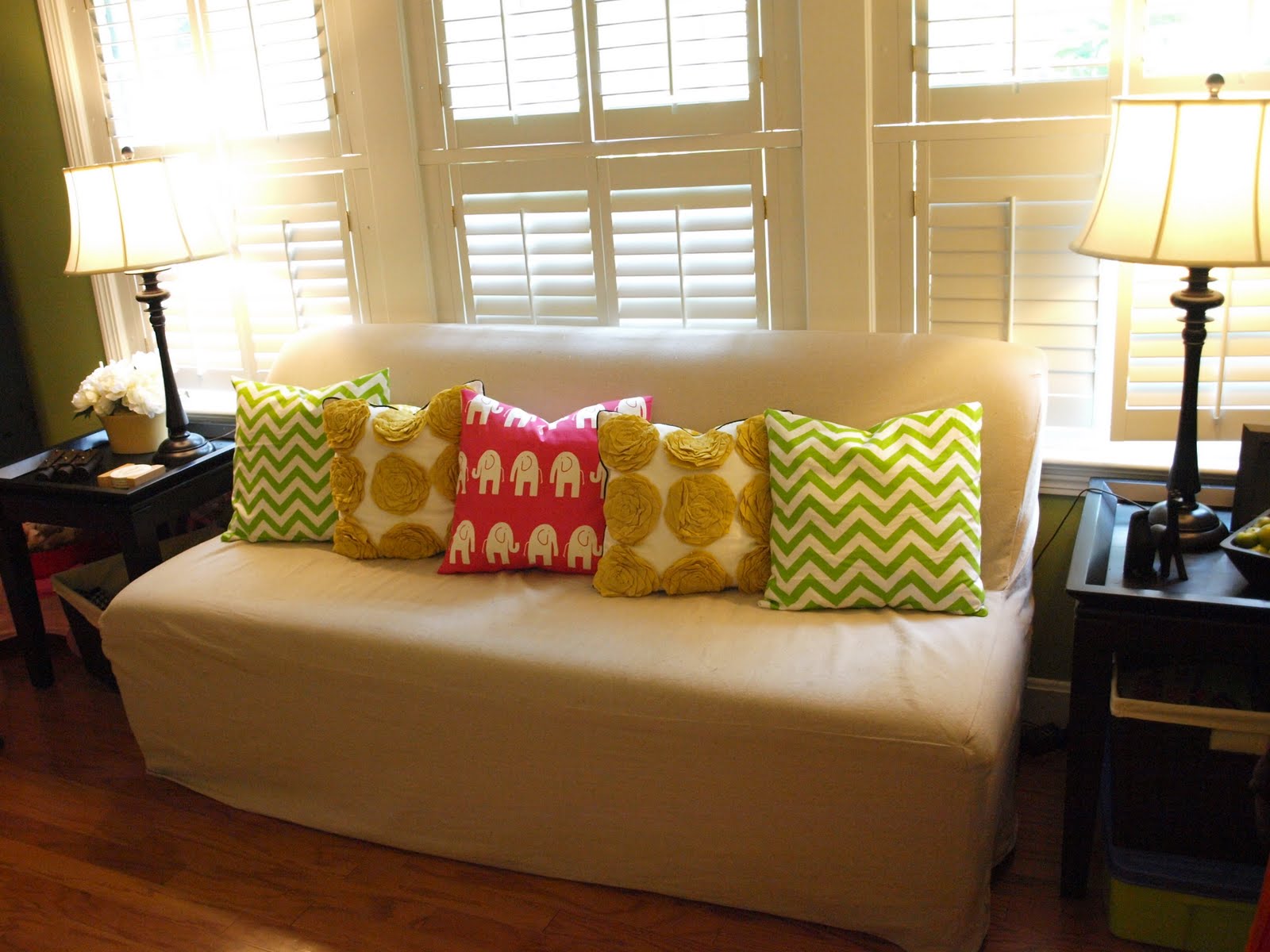
The little girl that/who is in the front is mine. The pillow that/which has elephant patterns on it is the softest one.
WHOM
We use whom when the person we define is the object.
The woman lives next door. I visit her every day. >> The woman whom I visit every day lives next door.
The man is Suzanna's husband. She's talking to him. >> The man whom Suzanna's talking to is her husband.
WHERE
We use where to define places.
The city was beautiful. I grew up there. >> The city where I grew up was beautiful.
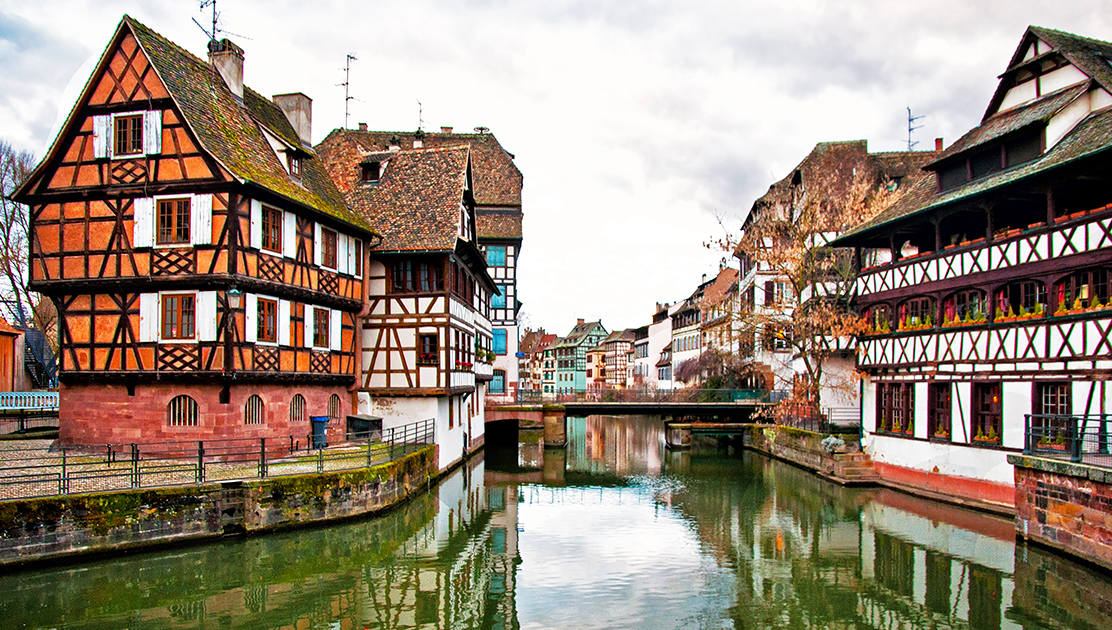
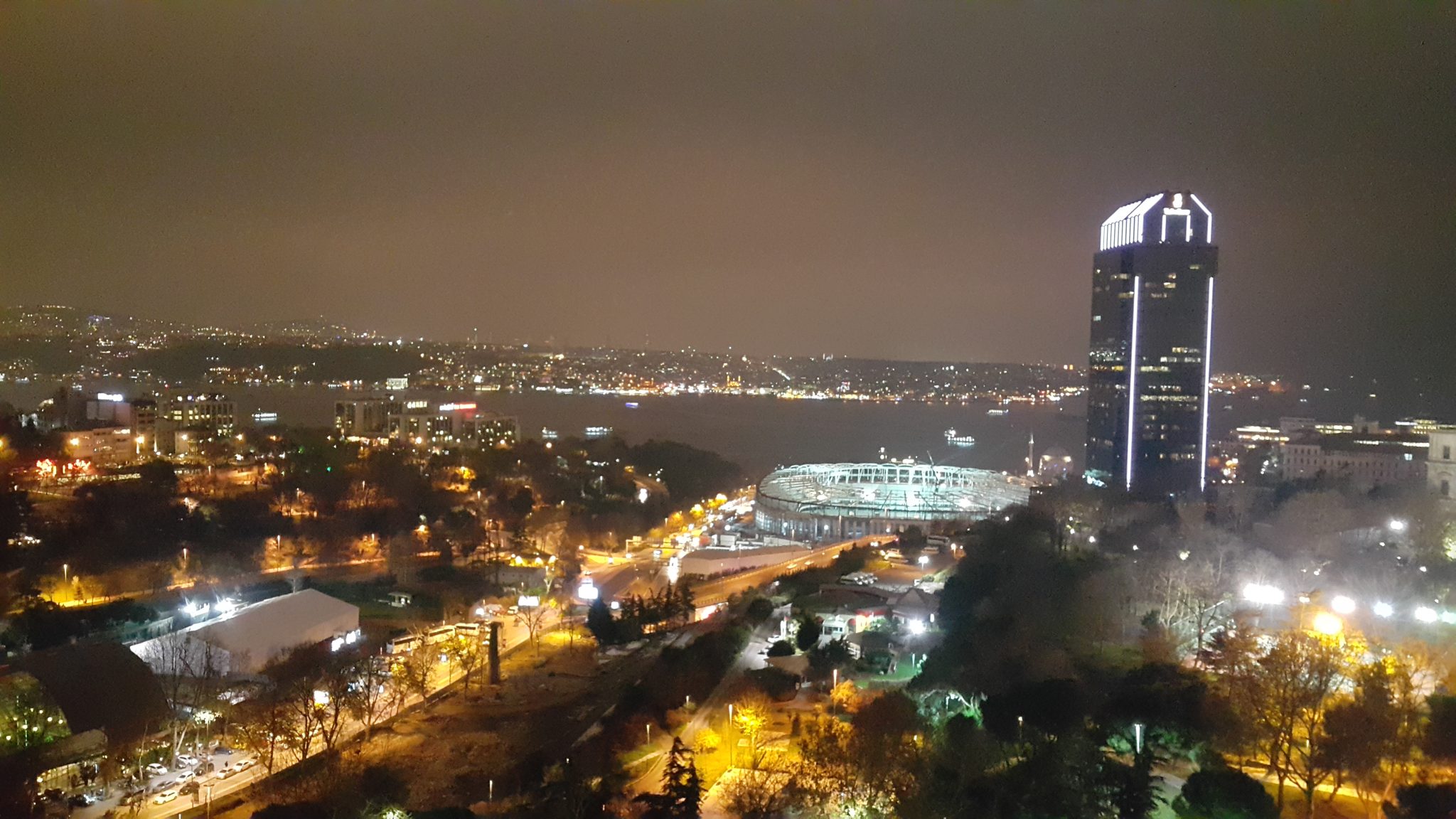
The place where you can see amazing houses in Europe is Strasbourg. The hotel where we stayed last week had an amazing view.
WHEN
We use when to define time.
The day was rainy. I stayed at my grandmother's on that day. >> The day when I stayed at my grandmother's was rainy.
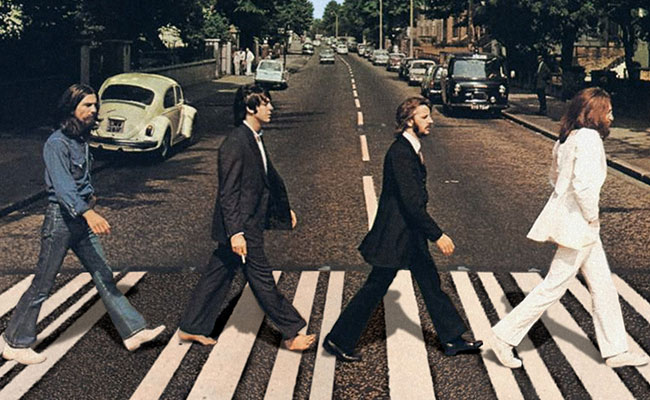
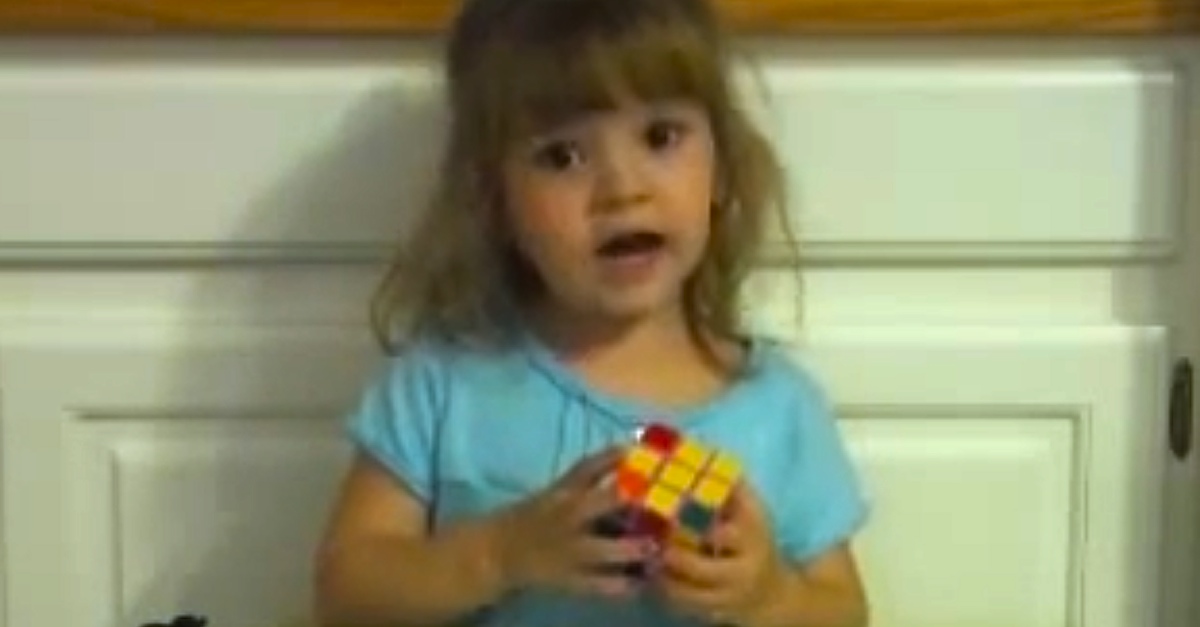
1960s was the time when Beatles rose to fame. The first time when I solved the rubik's cube was ecstatic.
WHOSE
We use whose when we define possessive pronouns.
The man is a marathon runner. His girlfriend is a scientist. >> The man whose girlfriend is a scientist is a marathon runner.
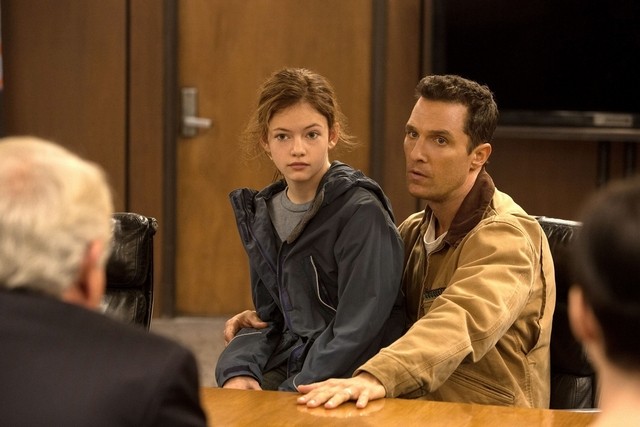

The girl whose father is an astronaut is in my class. The building whose design is unique will be built in Qatar.
***When the noun we describe is the object of the main clause we can omit the relative pronoun:
The book (which/that) I'm reading is a thriller.
The night (which/that) we spent at that village was creepy.
Have you read the letter (which/that) I sent you?
I won't be doing the task (which/that) she gave me.
***When there is a preposition we can use it before which/whom:
The girl with whom I'm travelling is hilarious.
I lost the pen with which I signed this paper.
The shelf on which I put my mug broke.
The apartment in which I live is really small.
***We can also make shorter relative clauses by omitting relative clauses and the verb "be" (if there is any):
The man (who is) walking very slowly is my boss.
The lady (who is) dancing with him is his fiancée.
The machine (which is) working very loudly needs repairing.
The people (who are) speaking in French are my friends from college.
***We can also make shorter sentences with prepositions:
The girl who is wearing a red dress is my little sister. >> The girl in red is my little sister.
The man who is carrying a big suitcase is my assistant. >> The man with a big suitcase is my assistant.
2- Non-defining Relative Clauses
We use non-defining relative clauses when we want to give extra information about proper names. We have to put comma (,) before and after the non-defining relative clause.
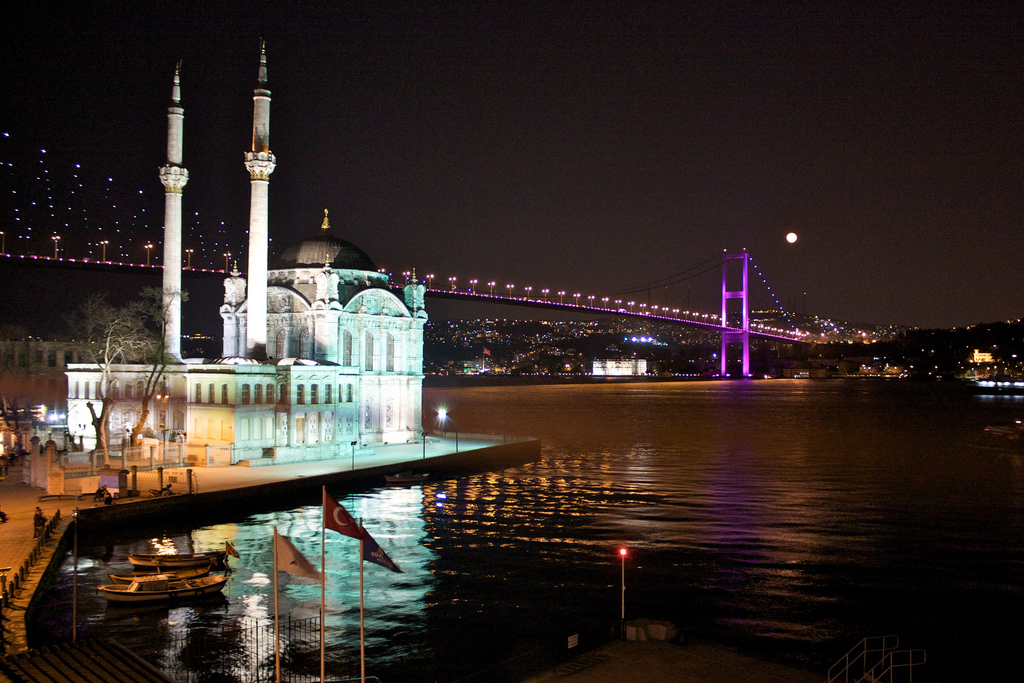
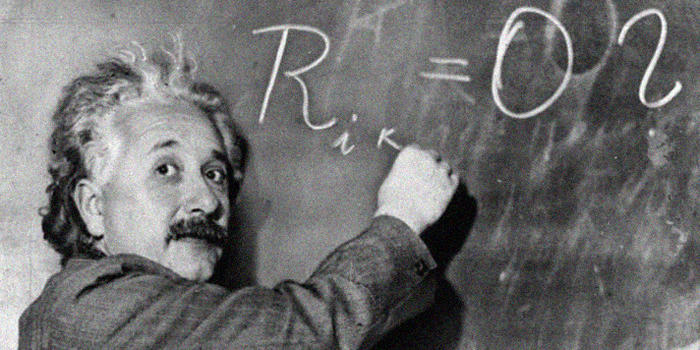
The Boshphorus Bridge, which was opened in 1973, is located in Istanbul. Einstein, who was a famous physicist, developed the theory of relativity.
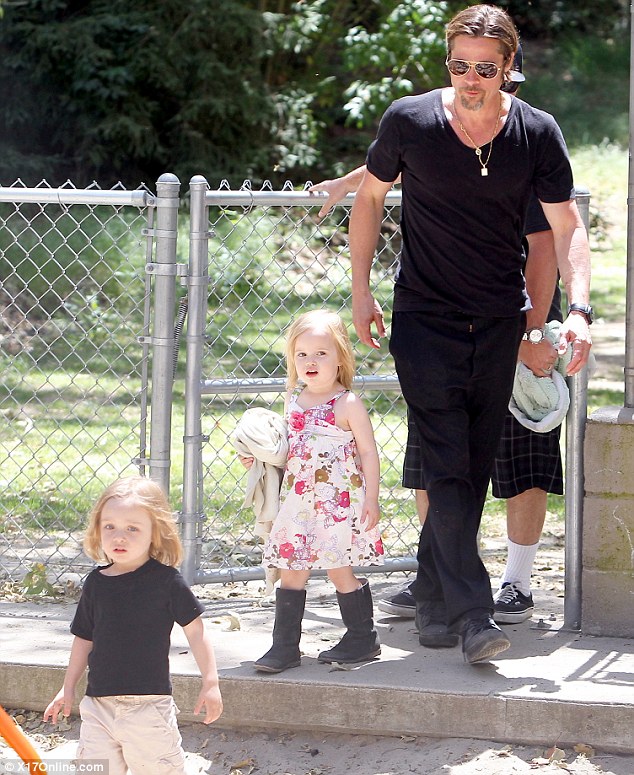
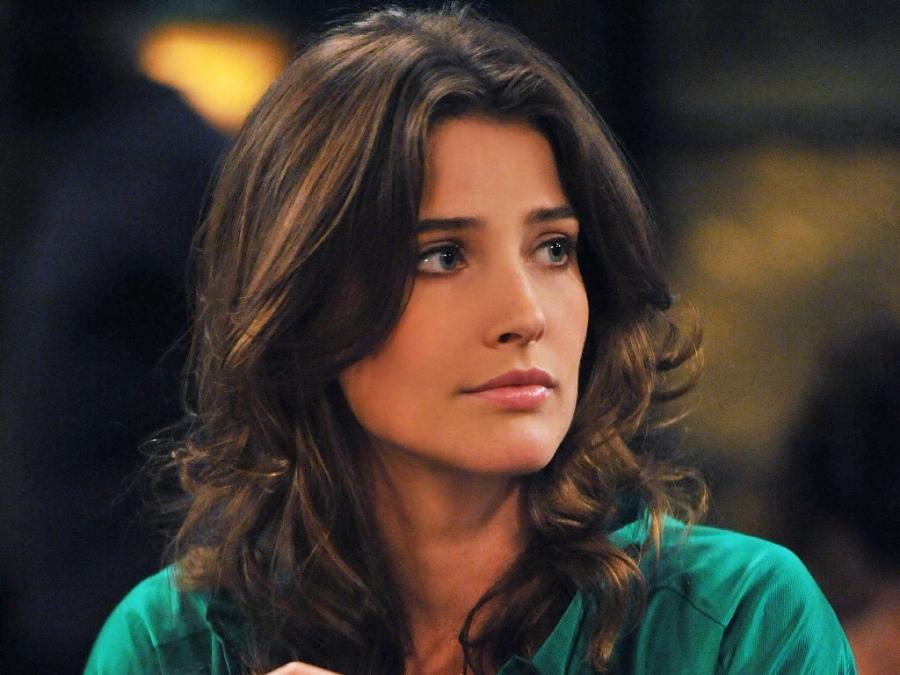
Brad Pitt, who is a talented American actor, has twin daughters. My mother, whom I love very much, is Canadian. (I have only one mother.)
***My mother, that I love very much, is Canadian. We cannot use that with non-defining relative clauses.
***We can also use which to refer to the previous sentence. Again, we have to use comma (,) before which.
She came first in the race, which was to everyone's surprise.
Dylan gave up smoking, which shocked his friends.
Nadya won three medals, which honored his father.
I did a bungee-jump with my girlfriend, which felt great.